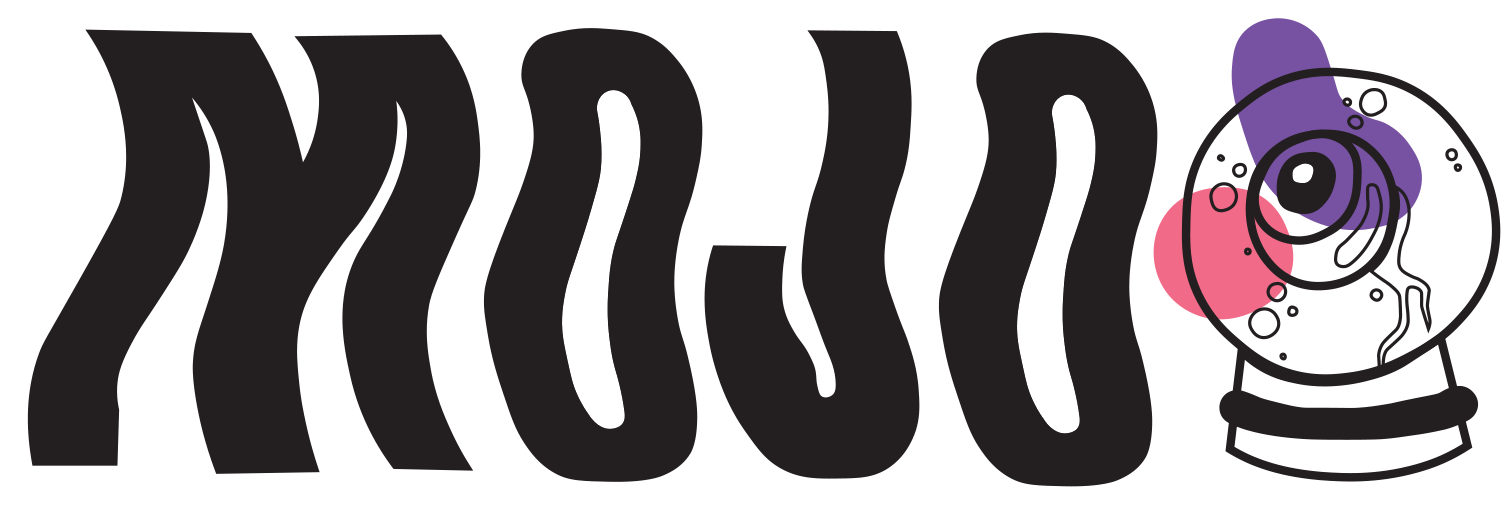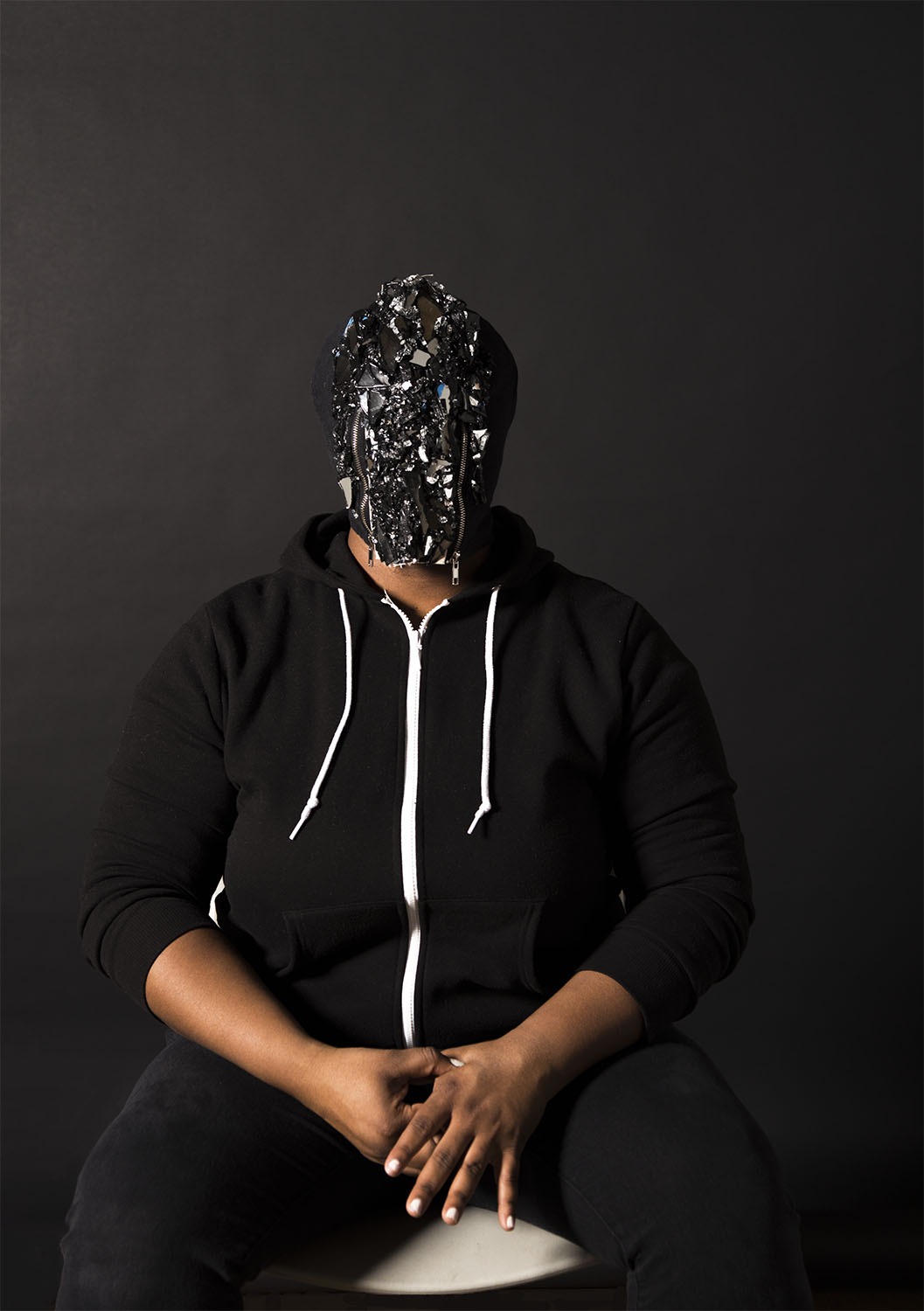I.
I have recurring nightmares of being in a hospital on a metal table, sometimes crying, sometimes yelling at the doctor, “All bodies are of equal value, whether they’re fixed by the medical world or not.” They are words of anger, but they are also words of fear, fear at the response they will elicit. I am either lying down or sitting when I say this, while the doctor is always standing, always towering above me. He then shakes his head with a knowing smile on his face and tells me, “No. No they’re not.”
The doctors want to put more metal inside of me, cold and sterile and lifeless like the table beneath me. They want to cut me open over my already existing scar. I tell them no, that I already have a titanium rod fusing my spine. They do not listen.
II.
Once upon a time a man I thought I loved told me that he didn’t view disability as an anomaly, anymore. He said that all humans have their trials and barriers. Abnormal and anomaly are very similar words. I’m sure this made him uncomfortable.
I didn’t call bullshit; I just asked him if he knew about the mermaids. Specifically, the mermaid in Irish poet Nuala Ni Dhomhnaill’s “Mermaid in the Hospital,” a mermaid who wakes up to find her tail gone, replaced with “two long, cold thingammies.” This mermaid is distraught, bewildered, heartbroken, even, to find her tail, that thing which allowed her to move so adeptly through water, completely missing. She doesn’t understand her new, working legs because they are not her: “But here’s the thing/she still doesn’t get— … How she was connected/to those two thingammies/and how they were connected/to her.”
III.
Every time I fly, I am reminded of the differences between my body and everyone else’s. I do not have my wheelchair, and plane seats do not curve themselves to fit my curves. If my wheelchair is also my body, then I am suddenly without half of myself. And not just separated peacefully, but ripped apart. A tearing process that begins when airport security must take me aside to pat me down, maneuvering my limbs when I am unable to do so myself, because the metal in my back, not to mention the metal of my wheelchair, would set off the detector.
On the plane ride to Dublin, I stretched my halved body across the lap of the two helpers I brought with me. Because I am a relatively small human, and because contractures in my knees and hips mean that “fully stretched out” does not equal flat, I fit comfortably across their sets of legs. I tried to sleep, but couldn’t. Airports are never-places, and airplanes are even more so, especially when changing time zones means that time does not exist in the air the same way it does on the ground. Eventually I gave up on sleeping and read. I survived by distracting myself from the discomfort of my body with words.
I went to Ireland for a writing program. I was confronted with a country and terrain that is uneven, broken, and inaccessible to wheels. The cobbled streets jarred my body. The steps of buildings barred me from access. I realized while leaving the bus to tour Clonmacnoise, an abandoned monastery whose flush-with-the-ground gravestones I consciously rolled over, aware that I was putting my living body on top of the dead, that I was in love. It is all too easy to fall in love in Ireland, I thought. I did not know the object of my desires, but I sensed it had to do with the crisp air I was breathing and the green pushing through the stones beneath my wheels that seemed to signify a refusal to be buried. I realized the irony of my infatuation with this place and its people, considering how little of its physical makeup I could access. But our loyalties often defy logic, and always defy control.
I was separated from my mechanical body again when we visited the Mini Cliffs, an outcrop of moonlike stones a short drive from their namesake, the Cliffs of Moher. I decided to get into the manual wheelchair-like stroller that we brought along, so that I could get closer to the ocean. Fiona, a fellow student in the program, came to sit on the ground beside me, and made a comment about the tiny purple flowers growing between the cracks in the rocks. For the first time since I could remember, my feet were touching the ground. The effect was reassuring. I took one of my favorite photos of the entire trip right then, my black combat boots framed against the stone, the darkened craters in the rock ringed in green.
In Bray, a short train ride from Dublin, a group of us went hiking along the side of the sea, the gray-blue sheen on the left of us, the sides of cliffs to our right. The path was mostly gravel, with patches of concrete every now and then. Like cobblestones, this wasn’t easy to drive on. I was exhausted by the end of our hike, and the loose stones had shaken free a screw from my rear tire, leaving the back end of my wheelchair forever bent.
I have been trained from 23 years of listening to my body to know what a dryness at the back of my throat means. The fear of getting sick and losing whatever semblance of control I have over my body kicked in the last week of being in Ireland, after I noticed that my breathing had become labored. Once I am thrown into the ocean of my depression – the waves crashing my mind against the rough, jagged edges of the shore – there’s only a tiny part of me that cares about even getting better. I become someone I want to crawl away from.
Fiona tells me, “What stands out about chronic medical problems is how you can feel fine and normal and then suddenly realize how thin the layer of protection is between you and the world.”
IV.
Mermaids can be hard to love because nothing will own their hearts more than the sea. Displaced mermaids, those without their tails, have a hard time loving. If you fall in love with a displaced mermaid and it turns sour, know that she will do anything to find her tail, and that her heart never truly belonged to you to begin with.
Nuala Ni Dhomhnaill’s mermaid goes through various stages in different poems. She’s seduced, killed, brought back to life, and eventually ends up back where she began, in a hospital. She is not happy here. She is someone “who laughed, so far as I can remember,/three times only when she was on dry land.”[1]
And her daughter? Her daughter, who is born of her mother in human form and thus has legs and no tail, is overtaken with memories of water, water that “starts at her feet and ankles/and slides further and further up/over her thighs and hips and waist.”[2]
And her daughter has no word for this feeling, for water, no point of reference, but she still doesn’t feel whole. Because a mermaid is no longer a mermaid without her tail. And of course, it is just as silly to think that a mermaid can be contained by a poem, that a feeling or experience or life can be described by a word.
I imagine that this mermaid has recurring nightmares as well—nightmares of waking up in the hospital bed to find the part of her that made her who she is, the part of her that made her different than the white coats giving her blank stares over clipboards, that beautiful, slippery, scaly part of her gone.
[1] Our Mermaid Goes Under Again, Nuala Ni Dhomhnaill
[2] A Recovered Memory of Water, Nuala Ni Dhomhnaill
Hannah Soyer is a creative writer and journalist. She is the creator of the This Body is Worthy project, and founder of Freedom Words, a program to design and implement creative writing workshops specifically for students with disabilities.





